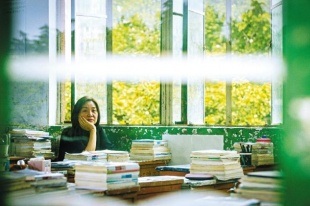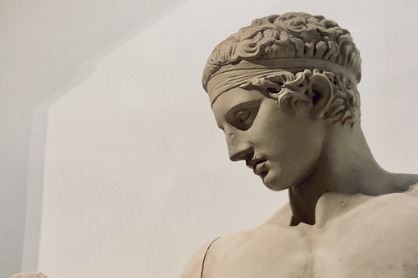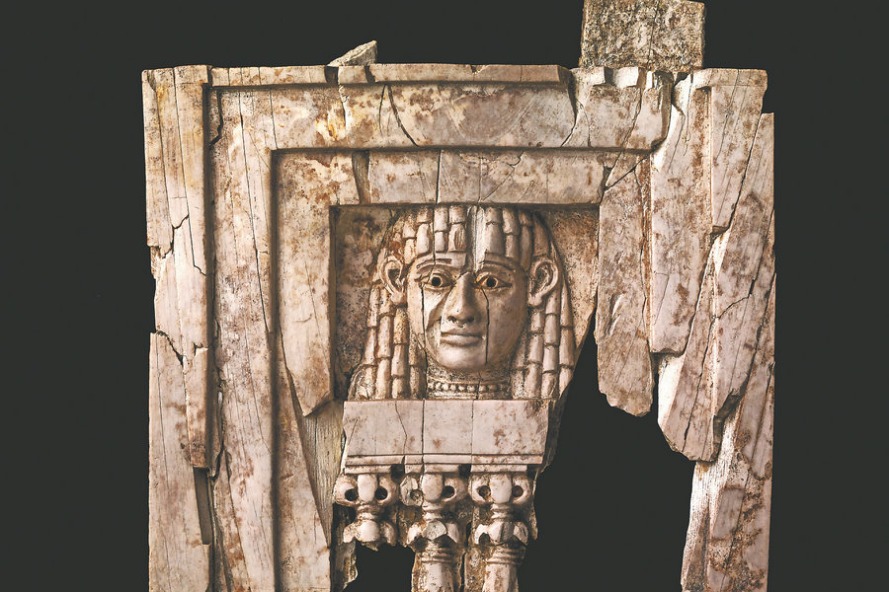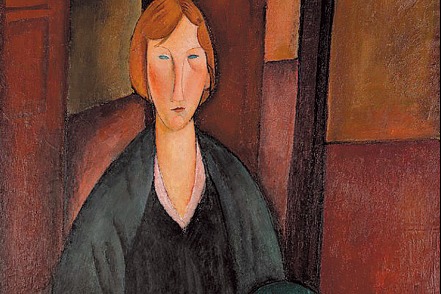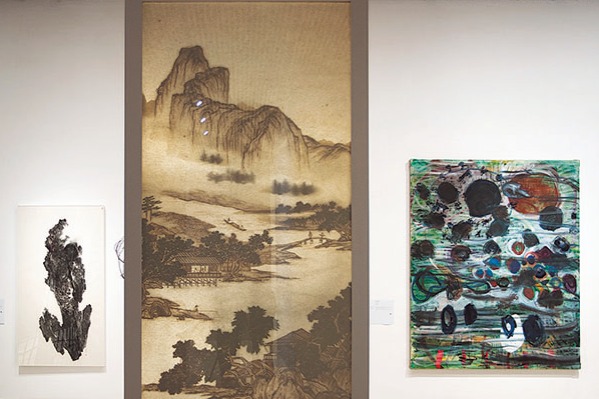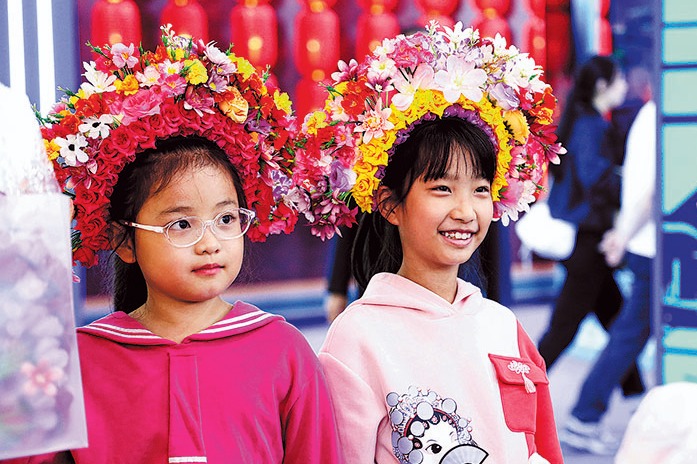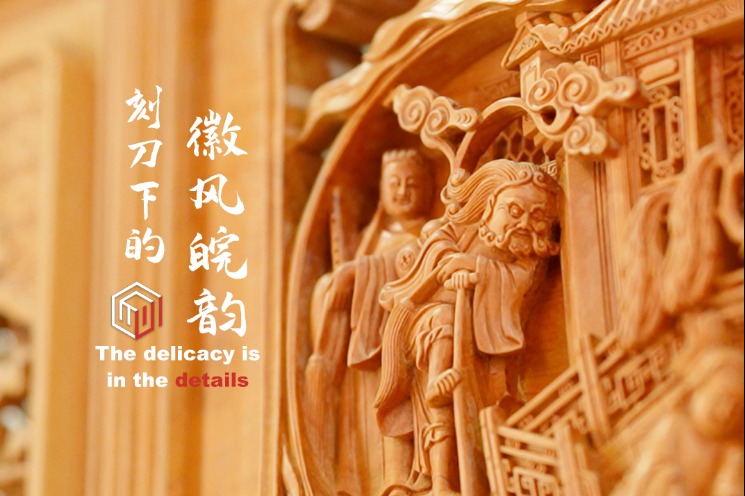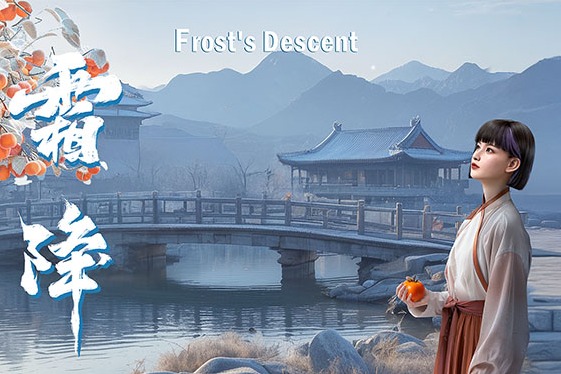Lives of authors
Film director Jia Zhangke's latest documentary tackles contemporary Chinese literature, Xu Fan reports.

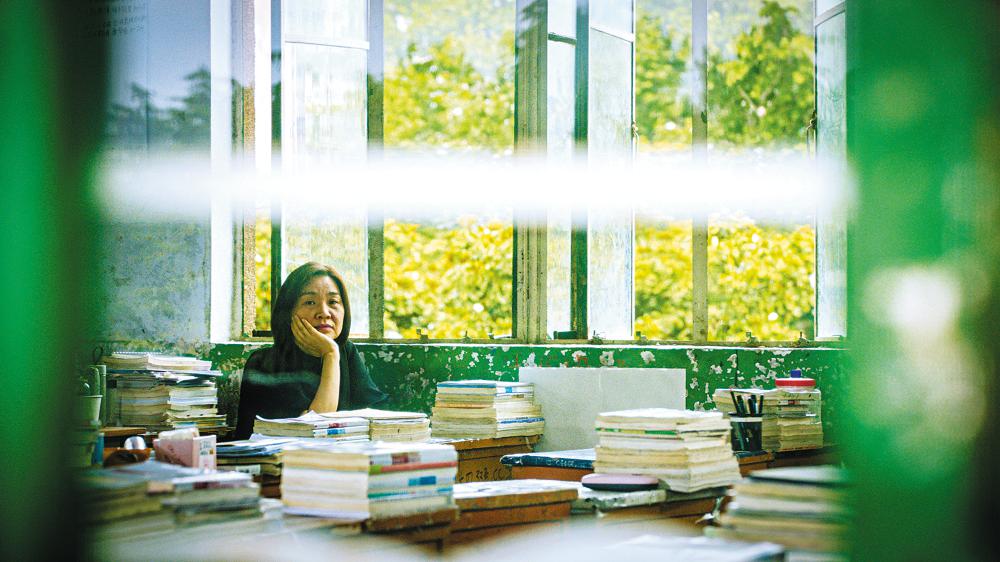
After a long day of interviews and meetings, director Jia Zhangke, whose film Still Life won the Golden Lion at the Venice International Film Festival in 2006, looks exhausted sitting by a bookshelf in his Beijing studio in a downtown hutong (alley).
His latest directorial effort, Swimming Out Till the Sea Turns Blue, a 110-minute documentary, was released on Sunday across domestic theaters.
When recalling his initiative about shooting the documentary, Jia perks up quickly with a sparkle in his eyes.
"I had the idea in mind for a long time. After I shot the documentaries about painter Liu Xiaodong and fashion designer Ma Ke, consecutively in 2006 and 2007, I developed an interest in producing a trilogy about artists," Jia says.
His original plan was to follow the life of an architect, but the work didn't go smoothly.
After reacquainting himself with the stories of a renowned novelist who had lived and written for many years in Jia's hometown, Jiajiazhuang, in North China's Shanxi province, Jia shifted his interest to the literary circle. He started to spend summers in his village and discovered "its close connections with contemporary Chinese literature".
The late writer Ma Feng, a representative figure of modern Shanxi literature, took the village as his inspiration, penning some of his most influential works, such as the 1959 film script of Womencun De Nianqingren (The Young People in Our Village) and the short tale Siyangyuan Zhao Dashu (Uncle Zhao, the Breeder), which was used in textbooks in primary schools in the 1980s.


